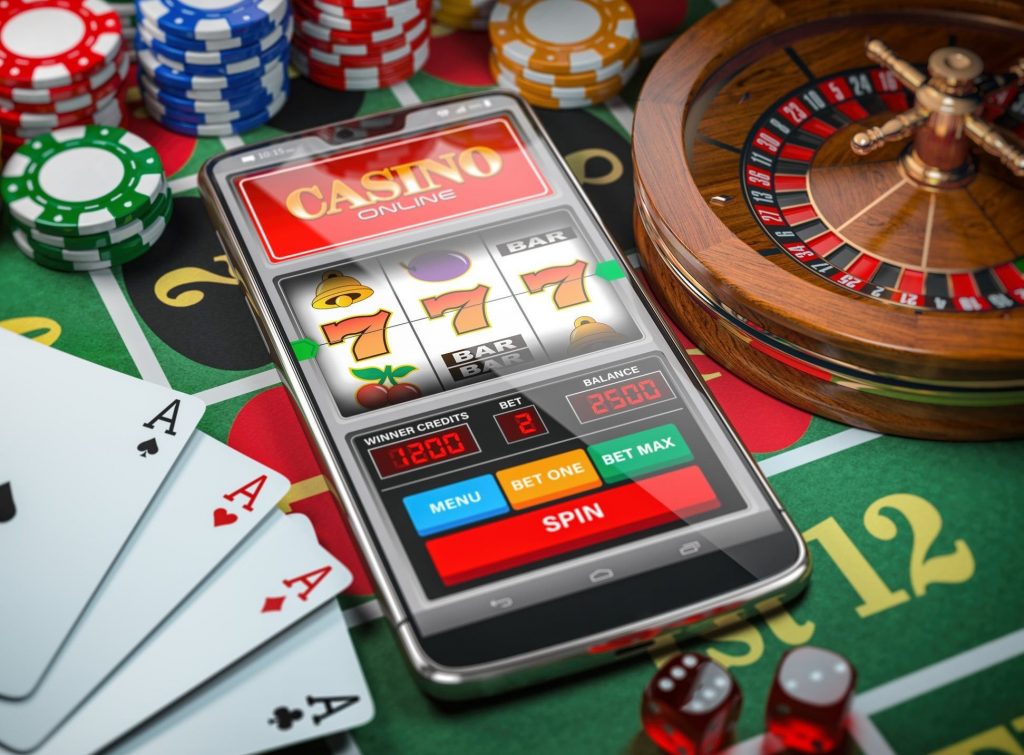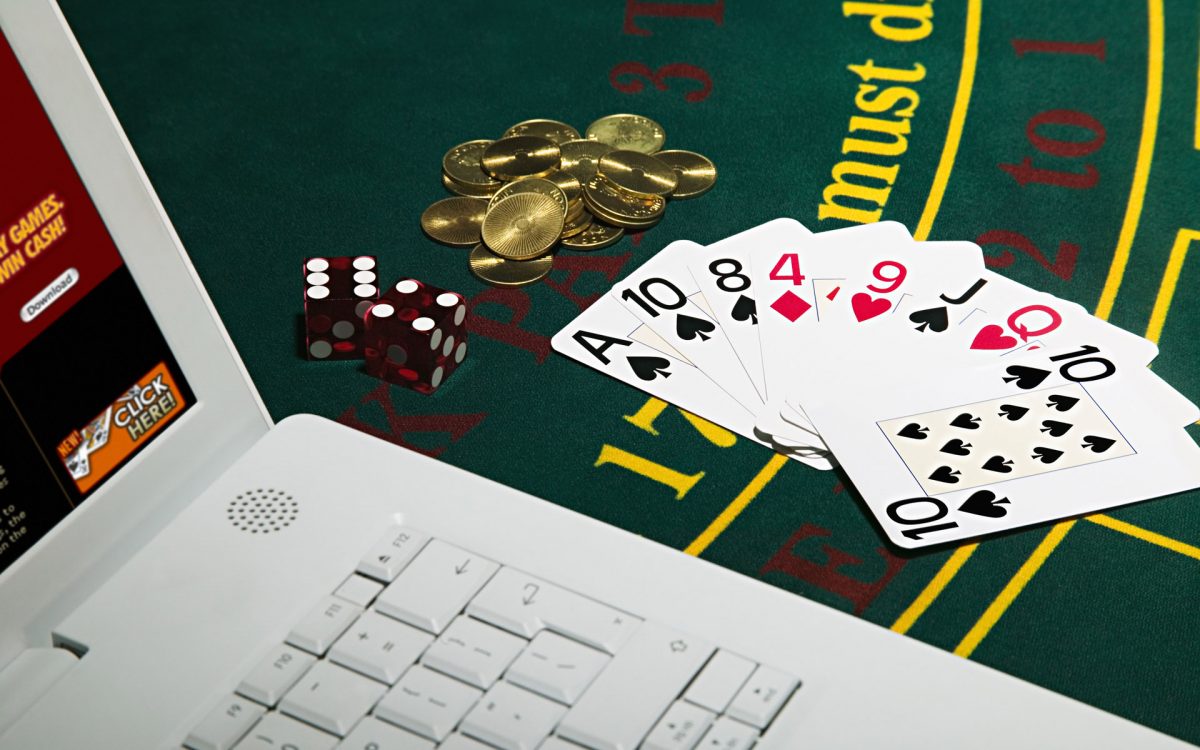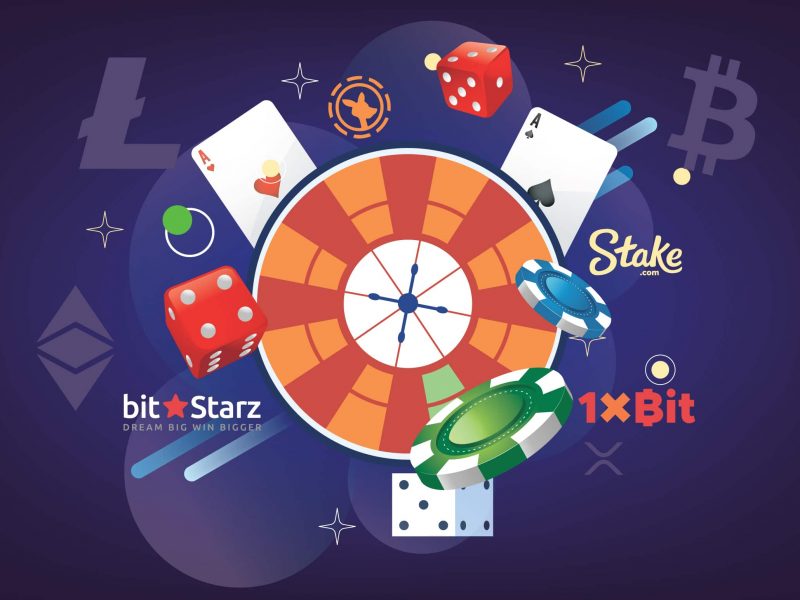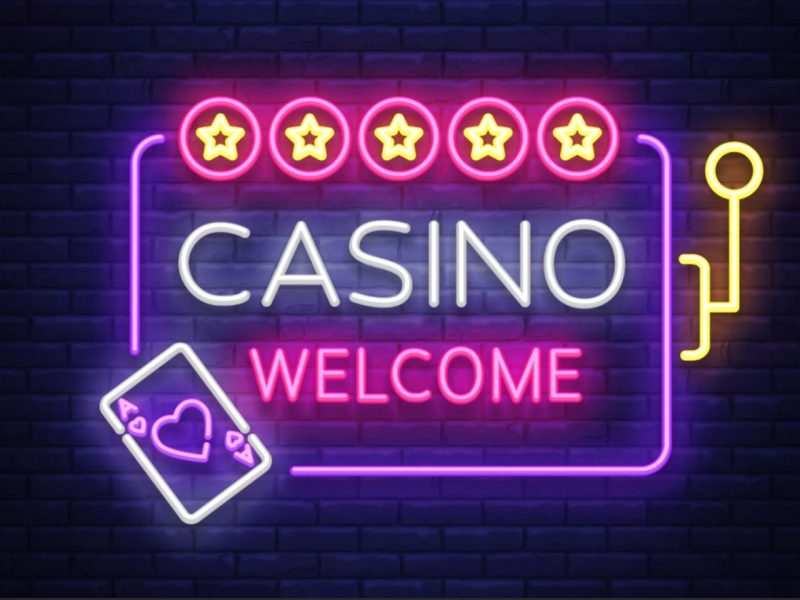Let’s get to the point
Without getting carried away or diverted by extraneous topics, let’s get straight to the point. Let’s say we take an insurance bet to be made against a dealer with an open ace and a chance of a natural blackjack (hand 21). The insurance bet is paid at a rate of 2 to 1 if the closed card brings the dealer 10 points and loses if any other card that is not an Ace turns out to be closed.
So, the word “insurance” itself is misleading to inexperienced players, because an insurance bet, by its very nature, does not guarantee anything. You are simply making an extra bet on a game that, on top of that, offers you not the best odds.
Yes, professionals do make insurance bets in some cases – this happens in cases where there are a lot of unplayed cards worth 10 points in the deck drawer. In such a situation, there is an increased chance that the dealer’s closed card is worth ten points and makes the insurance bet useful for the player, but not for the casino.
About the odds

Let’s imagine you’re playing blackjack with a single deck – as a consequence, you get a pair of 10s on your first hand and the dealer in turn gets an ace. The dealer offers the player an insurance bet. We know that there are 14 cards in the deck worth 10 points and 30 cards worth up to 10 and three aces. A bit of math – the chance that the dealer has a 10-point card closed is 14 to 33, or 1 to 2.357.
Thus, the odds offered are much worse than the 1 in 2 payout offered for winning an insurance bet. The advantage of the casino is obvious and the insurance bet should be refrained from.
It only makes sense to make an insurance bet when the ratio of aces with 9-point cards to 10-point cards that remain in play is less than 1 to 2.
Without a card count

There is now known to be a method for estimating the ratio of ten-point cards to the total deck that shows the validity of the insurance bet without card counting. Suppose 6 players use 8 decks to play blackjack. The game has been going on for a while and you can estimate that about 5 decks have already left the game, with 3 decks still in play.
The next game round begins.
- You see 12 player cards, as well as an open dealer card.
- Suppose no one got a 10-point card and the dealer got an ace and offers you an insurance bet.
- Suppose there are three decks of 156 cards in play. 10-point cards of which: 4x4x3=48 cards.
- If no one has a 10-point card at the end of the deal, another 13 cards can be subtracted. The dealer is thus left with 156-13=143 cards. As we counted earlier, there are 48 cards worth 10 points in the three decks.
- The remaining cards are 95.
- In this case, the chance that the dealer has a 10-point card is 48 to 95 or 1 to 1.98. Since the insurance bet payout is 1 in 2, a 1 in 1.98 chance gives us a 0.7-cent advantage for every dollar bet.
Another example
- Suppose the game involves 6 players and 2 decks – the dealer has 104 cards in his hand.
- The hand is completed and none of the players have 10-point cards, and the dealer gets an ace. It turns out that after the deal, there are 91 cards left in the game.
- Ace will consist of 32 10-point cards.
- Thus, the number of remaining cards in the game is 59.
- The chance that the dealer has a closed card earns him 10 points 32 to 59, or 1 to 1.84.
- Since the odds are lower than the payout on the insurance bet, this development gives the player an advantage of 5.5 cents on every dollar already.
If there are two decks in the shuffle, the player is at an advantage anyway. And if one 10-point card comes out after the deal, the advantage is 2.2 cents for every dollar bet.
Note
The most important thing to do after our article is not to be influenced by emotions and not to confuse positive expectation (this is when you have a good chance of winning) with a guaranteed win.
There are almost no perfect conditions for insurance betting. More often than not, when there are less than 3 decks left in the dealer’s hand, the game starts all over again.
The important point is that if you overestimate or underestimate the number of decks in a deck, it will be easier than ever for you to lose your chances of winning.



